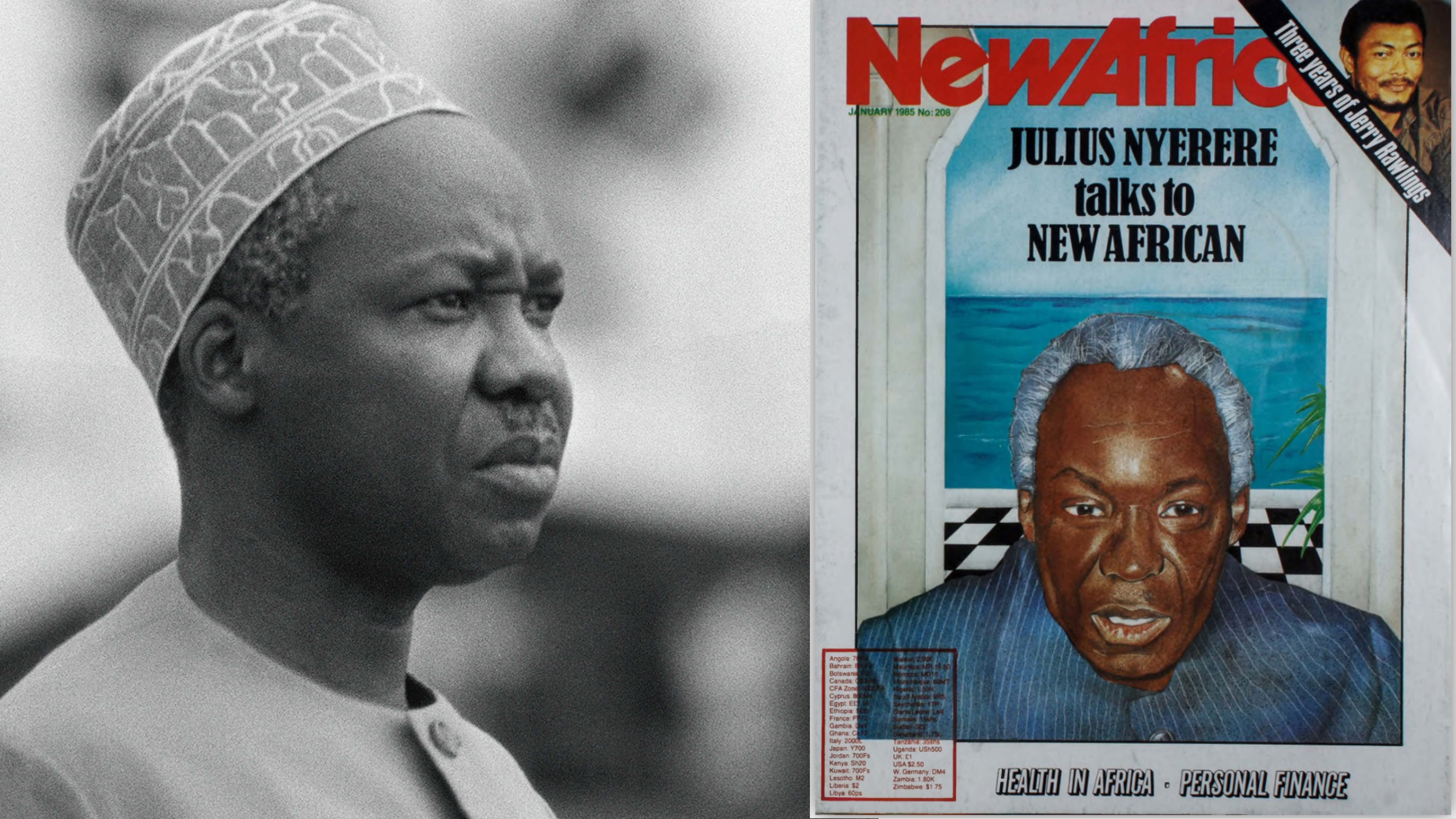Nyani Ngabu
Platinum Member
- May 15, 2006
- 92,236
- 113,610
- Thread starter
- #321
UMENENA, UMENENAUkiwa kiongozi mwenye msimamo hata watu wanaotofautiana nawe watakuheshimu. Ukiwa mtu usiye na msimamo hata wanaokudharau watajifanya wana kuheshimu.
A glowing tribute of Mwalimu by PLO Lumumba.

 newafricanmagazine.com
newafricanmagazine.com